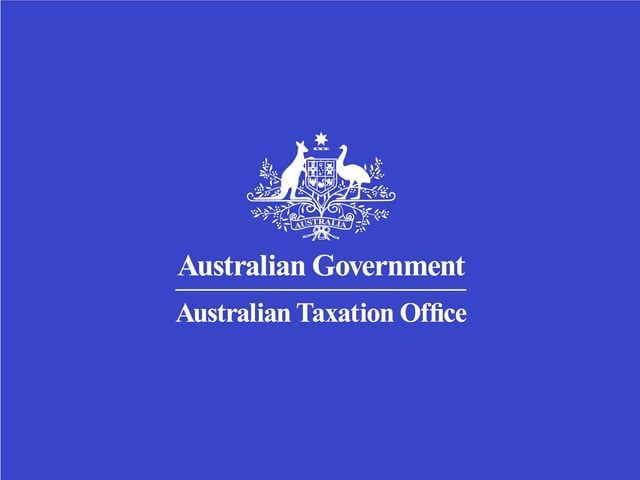Why Manual Staff Rostering Is Costing You Time and Money
The hospitality industry has been reeling from issues such as underpaying staff and complying with industry regulations for employment contracts.
While many of the businesses that have been featured in the news are larger businesses and chains, this is an issue that affects all levels of the industry. At 360 Accounting we advise our clients on how to use cloud-based wages and staffing software to reduce time and stress in these important areas. Busy managers need to ensure that they are paying the correct wages as well as scheduling enough staff to make sure the business can be run properly. Many businesses use Excel spreadsheets to create a well-staffed roster and calculate that the correct wages are being paid. This leaves many businesses open to errors with not enough staff for a shift if the spreadsheet hasn’t been updated properly. It is also a problem when the wrong award wage has been applied to an employee on certain dates or times. This is a problem for many reasons, not to mention the time it takes a manager to fill out a spreadsheet.
With cloud-based systems that integrate with accounting software, it is a huge game-changer. This gives a business access to real-time data that doesn’t rely on manual input such as an excel spreadsheet, it creates greater efficacy and less room for error because the system updates all information automatically.
Jarrod Briffa from Kinfolk Café worked with 360 Accounting to integrate Xero with his staffing and payroll management on Deputy. The changes to the business have provided a big impact in a very short amount of time.
“A lot of the previous rostering system was done through Excel spreadsheets, it was very manual and it required people to be constantly updating the spreadsheets. From time to time you would get mistakes, which would result in staff not turning up. The benefit of the Deputy integration is we have all of the information in real-time. We have about 40 staff across the organisation including our casuals, and now we can all have real-time access to the rosters. It means that we can reduce the number of errors, but also make sure our managers and staff have access to real-time information,” Jarrod explains.
This system simplifies the rostering and eliminates human error as well as ensuring that all staff is properly compensated with the award requirements.
“The reasons why we wanted to move towards Deputy was that the award rate can be built into the software”, said Jarrod. “This is something that a lot of hospitality businesses are challenged with, ensuring staff working varied hours across different times of the day and different days of the week are paid properly. With our previous manual system, it took a lot of time to manually record that information. The big benefit with Deputy is that the award is inbuilt into the system.”
In our work with clients, we have assisted many businesses to navigate the complex awards system. Many of the issues we see are mainly due to mistakes because the manual recording system takes a lot of time to update, and there is too much room for errors. We know that integrating with systems like Xero and Deputy gives back valuable time to the businesses to focus on important things like keeping their customers happy and spending time with staff to create an effective work culture.
“You can be confident that the award is applied to each staff member on a weekly basis regardless of the hours they work. It takes away a lot of the issues created by manual implementation and gives a lot of confidence to us that we were complying with the award,” Jarrod says.
The goal for hospitality businesses this time of year is to stay focused, productive and profitable the busy lead up to Christmas. We understand that most of the errors we see in underpayments are due to mistakes in manual systems. If you would like to learn more about how Deputy can work for you please get in touch. We are always happy to help and discuss options that would work for you.
newsletter here!
Share This Post





